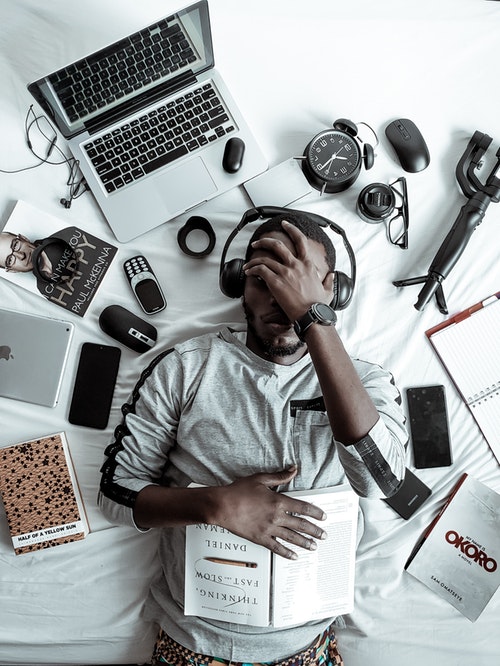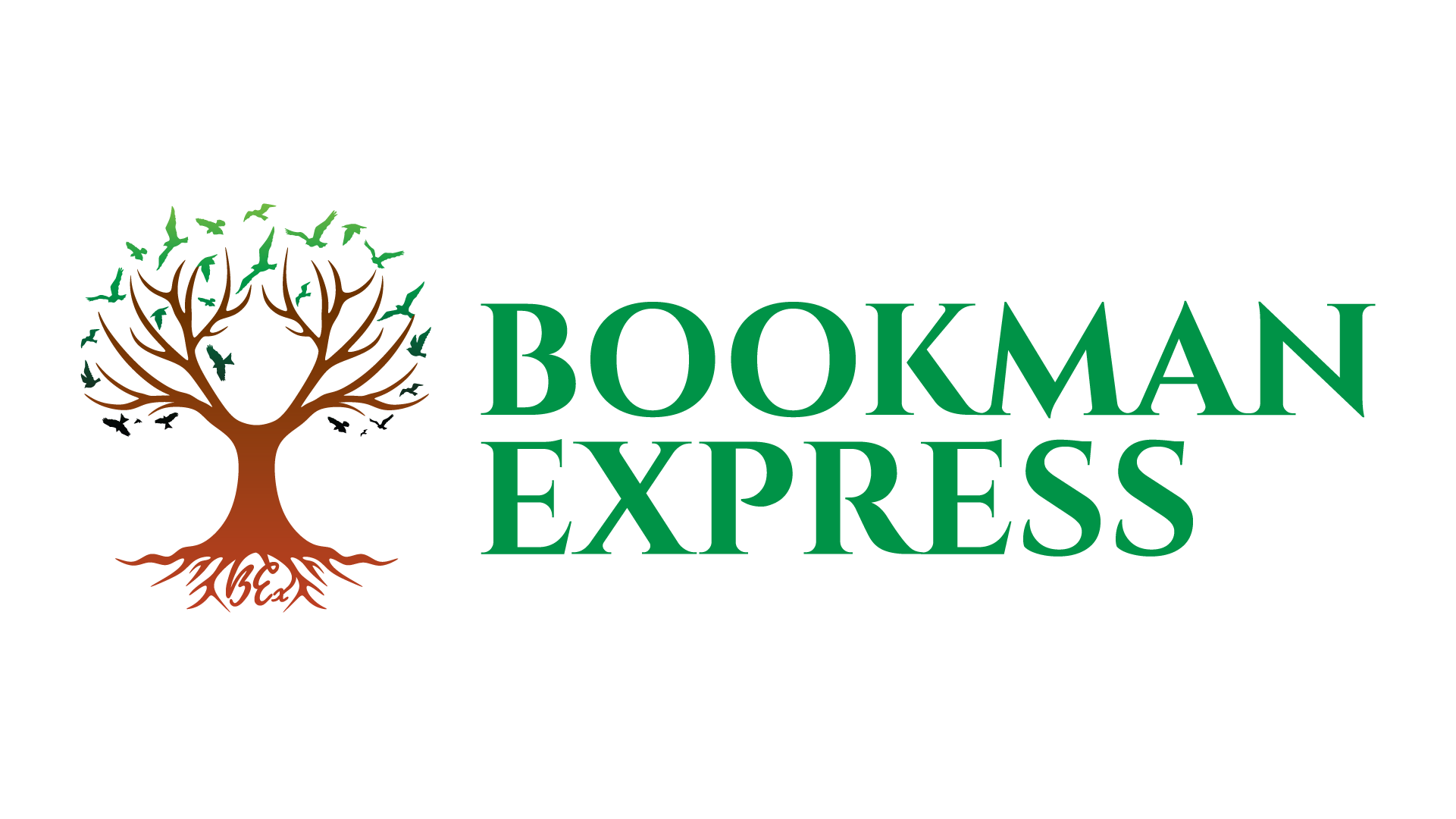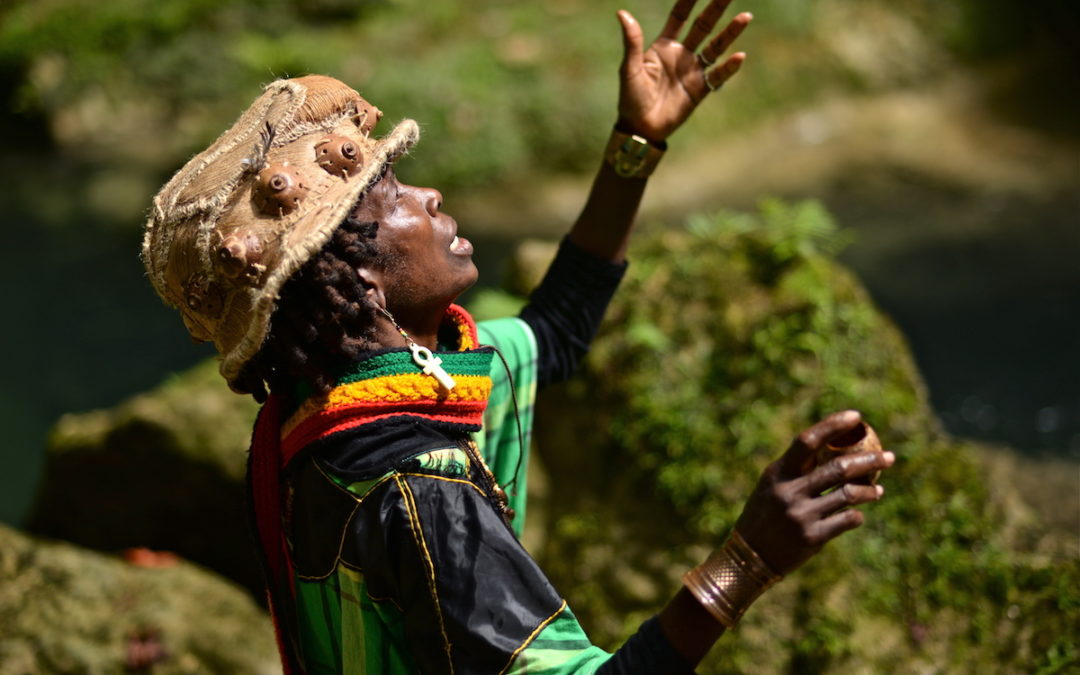A new reality has dawned for humanity. People and cultures are merging into a singular world culture and we are fortunate to have accumulated great wisdoms and best practices to guide us. Yet, in the vast sea of available knowledge, we find ourselves bombarded with waves of misinformation, fleeting opinions, harmful propaganda and clashing ideologies. Self awareness is more necessary than ever to avoid being rendered rudderless, adrift and pulled wheresoever by the currents.
We are all living testaments to the present culmination of ancestral knowledge, which stretches back throughout the ages and originates in every known part of the globe. Unfortunately, only a narrow selection of world views has been validated and normalized in common discourse and practice, while all other world views have been marginalized. Eurocentric value systems continue to influence and wield power disproportionately, and this is an impediment to our evolution as a species. It is especially damaging to the psyche of the least represented peoples among us. The prevailing world order continues to undervalue Indigenous ways of being and many who identify as European have developed superiority complexes. Simultaneously, people who identify otherwise are at greater risk of developing inferiority complexes simply because they exist in a reality that does not pay due respect to their traditional value systems.
Black Indigenous people across the Earth have been living this reality for a long time. Aside from the dreadful enough fact that black bodies are viewed as disposable, more so in some countries than others, there is also a persistent and subtler violence occurring everywhere. Even without an immediate threat to life, a general discrimination against Afrocentricity is amounting to a slow death of the African spirit. Beneficial aspects of African lifestyles have steadily been stripped away from us throughout centuries of religious warfare, colonization and occupation of Indigenous lands, chattel slavery, segregation and apartheid. We have been systematically disconnected from Indigenous rituals and ceremonies, languages and philosophies. In the end, we have lost large chunks of traditional thought systems, only to have them replaced by European ones. Cultural colonization has taken place.
The role of radio, television and print media cannot be ignored. They have done much to normalize irreverence for traditions, competition over cooperation, and spiritual decadence on a mass scale. In the world of books, cultural colonization has been most insidious due partly to the fact that literacy is considered a basic human right. For this reason, we are generally more accepting of any reading materials if it means that we or our children will learn new words or gain new knowledge from them. Less thought is usually given to literature that repeat flawed versions of history or perpetuate unproductive stereotypes than is given to songs or movies that do the same. Yet, books can be just as harmful if not checked and scrutinized.

Too much info? We are bombarded today like never before.
[Photo: Ola Dapo.]
A continuation of one-sided storytelling would harm not only those who are culturally oppressed, but also everyone else. Improving access to diverse reading content will have a more positive effect on humanity. A strong wave of new, down-to-Earth literary accounts highlighting the realities of the African diaspora – and other underrepresented Indigenous peoples – could not be better timed than now. Disallowing one point of view to suppress all others will open more people’s eyes to the validity of lesser examined cultural knowledge, and enhance everyone’s mental and spiritual capacity to participate in a fuller expression of love, healing and restorative justice.
For many Indigenous peoples, traditions and stories are passed orally, surviving generations through griots and other culture bearers. But in present times, neglecting to write and tangibly document our stories is drastically impacting our ability to hold onto useful knowledge that is quickly becoming forgotten. Many in the African diaspora no longer have access to our griots but we do have our grandmothers, our grandfathers, our aunts and uncles and our parents. We still have keepers of family histories and ones who can skillfully articulate the conditions and experiences of whole generations past and present. If we intentionally document our stories in different ways, we will be creating deliberate records to enliven our collective memory. We will reawaken and reactivate things within our cultural DNA that we have forgotten how to use, just by rekindling a love of our own stories. This is possible through new folklore, poetry or ideas yet to be imagined. Listening, telling, reading and writing what we know of ourselves in earnest might be the greatest act of self love and effective cultural action.
Culture is the last stand. Culture is the rudder that will ensure our self-awareness. Culture is what will steady us and guide us through the precarious stages of our Information Age. Culture is the sum of our expressions, our art forms, our ways of relating to our natural environment, our ways of honoring our ancestors, our ways of raising our children and learning from our elders. To withstand the most trying times when the Eurocentric world malfunctions, we have little choice but to actively seek our culture, our true selves, to relearn our Indigenous approaches and to practice them. In invoking the cultural assets that will sustain us, we must work to embody the Akan principle of Sankofa, to go back and retrieve what we need to move forward stronger. Each individual, each family, each community must accept responsibility for self knowledge and the cultural grounding that is key to fortifying the mind and spirit for this cause. Access to a greater variety of documented human truths will help to fortify us quicker. From time to time, economies will decline, financial institutions will stumble, political structures will falter and social organizations will struggle to sustain. Global pandemics will happen and crises will need averting. In the end, people’s survival, or at least their sanity, will boil down to an awareness of best practices for caring for each other and the planet that we share. More often than not, Indigenous voices will have effective solutions to share with those who will listen.
Bookman Express aims to play a role in lifting up more of these voices, starting with Afro-Caribbean perspectives, prioritizing what we feel to be most authentic and needed for the moment. We acknowledge the various expressions of our whole, collective way of life, whether it is a deep examination of local phenomena or a much simpler account of everyday life, or anything in between. All of it makes up the totality of our culture and culture is what we are standing for. In this, we stand in solidarity with other publishers, booksellers, educators, organizations, groups or individuals who are actively improving the literary landscape.

